Whether you’re familiar with Baldur’s Gate, Dungeons and Dragons or computer role-playing games or not, the implementation of the rules and the quirks of the game’s UI itself can lead to some confusion. This page will attempt to shed some light on the inner workings of Baldur’s Gate 3, helping veterans and new players alike by providing helpful tips, including information about character creation, ability scores, skills, races, combat abilities, tactics and general obtuse UI quirks.
Dexterity and Constitution are useful for most characters, as the former boosts Armor Class and the latter increases Hit Points.
Baldur’s Gate 3 Character Creation Tips¶
-
Most ability scores can influence a character’s aptitude in combat - warriors will rely on either Strength or Dexterity, while spellcasters will make use of Intelligence, Wisdom or Charisma, depending on their class. Whenever possible you should try to focus on one ability score as your primary damage-dealer. A warrior can use a greataxe (Strength) and a longbow (Dexterity), sure, but specialization will pay off immediately as compared to trying to use a variety of melee, thrown and ranged weapons and spells that derive their attack and damage bonuses from different ability scores.
-
Dexterity and Constitution are useful for most classes, as they also boost Armor Class and ranged attack/damage (Dexterity) and Hit Points gained per level (Constitution). Never use these as dump stats, and if you have spare points, try to boost them.
-
While it may be tempting to make a big hoss [Barbarian] or a brainy [Wizard], it’s not always a good idea to try to max out a key stat due to how the point-buy system works. The higher the ability score, the more points it costs, and maxing some ability scores out will necessarily deprive others. A 14 Strength warrior with 14 Dexterity and 12 Constitution is probably going to out-perform a 17 Strength warrior with 10 Dexterity and 10 Constitution.
You’ll frequently have the ability to make use of Deception, Insight, Intimidation, Perception, Persuasion and Sleight of Hand checks.
-
You will regularly find opportunities to use the Deception, Intimidation, Insight, Persuasion, Sleight of Hand and Stealth skills - prioritize investing into those if you can.
-
Don’t try to make a character a jack-of-all-trades. It’s rarely rewarded in Baldur’s Gate 3. You can have four companions with you at any point and switching them out is relatively painless, so delegate responsibilities to them. You don’t need your [Paladin] to pick locks, let [
 Astarion] do it.
Astarion] do it.
Wood Elves and Wood Half-Elves gain increased movement speed, which is useful for melee warriors.
Baldur’s Gate 3 Combat Tips¶
-
Wood Elves and Wood Half-Elves can move further than other races - 1.5m more, in fact. It’s not a huge boon, but it’s a useful consideration for melee characters.
-
Many spells require constant Concentration, and when such a spell is cast you cannot cast another concentration spell without losing the existing one. Also, taking damage or becoming debilitated may cause you to lose concentration, prematurely ending a spell’s effects. It might be a good idea to keep your buffers out of combat whenever possible to avoid concentration checks.
-
Spellbuffs win fights. Use them often and ideally before combat begins. No sense wasting turns applying vital buffs and giving the enemy uncontested turns if you can get the preparation out of the way ahead of time.
-
Enemies fight as if every battle is the most important battle in their little computer lives. They will accordingly use consumable items, class abilities, weapon abilities and spells with wild abandon. You may have to do the same in order to win. Don’t worry, food is plentiful, you shouldn’t be in any danger of running out of camping supplies - use your abilities.
You can jump as a bonus action, bypassing obstacles, hazardous and difficult terrain, and, depending on your Strength score, potentially increase you movement range.
-
Jump is a bonus action you can take every turn to move further, change elevation or bypass hazardous or rough terrain. The higher your Strength, the further you can jump (at 16 Strength you’ll have a jump distance of 8m, and you’ll need to consume 3m to jump - a net gain of 5m), and high Strength Warriors should jump to maximize their movement range.
-
If you take certain actions - like moving away, using ranged weapons or casting spells - while Threatened (within melee range of an enemy who is capable of attacking), you’ll provoke an
 Attack of Opportunity. A free attack. Avoid this by either not taking actions that provoke Attacks of Opportunity when you’re threatened, or use the
Attack of Opportunity. A free attack. Avoid this by either not taking actions that provoke Attacks of Opportunity when you’re threatened, or use the  Shove ability to reclaim your personal space. Fortunately enemies can also provoke Attacks of Opportunity, and a few are brash enough to try and run past your warriors in an attempt to reach your squishier ranged characters.
Shove ability to reclaim your personal space. Fortunately enemies can also provoke Attacks of Opportunity, and a few are brash enough to try and run past your warriors in an attempt to reach your squishier ranged characters.
(1 of 2) You can hide at any time - even during combat - as a bonus action,
You can hide at any time - even during combat - as a bonus action, (left), which is especially useful to Rogues, who can score significant damage with Sneak Attacks. (right)
-
You can attempt to hide as a bonus action at any time - even in combat. If you’re not in an enemy’s line of sight (indicated by red cones) the attempt will be even simpler. While hidden, you may gain advantage on attacks and Rogues may be eligible to perform Sneak Attacks. If you’re not attempting to hide and land Sneak Attacks, you’re just leaving damage on the table - especially with ranged Rogues.
-
Enemies will rarely be dumb enough to walk into AoEs (
 Grease,
Grease,  Web, etc.). Use these spells to target enemies directly or as area denial - enemies are content to wait 10+ turns for these effects to dissipate if you let them.
Web, etc.). Use these spells to target enemies directly or as area denial - enemies are content to wait 10+ turns for these effects to dissipate if you let them. -
Seek out high ground whenever possible, especially with ranged attackers, as it offers significant combat bonuses. Enemy archers will attempt to do the same, however. Shoving them off their perches is a good way to dislodge them.
-
Some effects combo with each other. Grease and Web spells not only inhibit movement, but fire spells and attacks will set the ground aflame, dealing extra damage to those within the area. Drenching enemies with water using spells like Control Water will cause subsequent electrical attacks like
 Shocking Grasp to deal extra damage.
Shocking Grasp to deal extra damage.
Use the action bar on the bottom right corner of the screen to review pretty much any dice roll or state change that occurs.
Baldur’s Gate 3 General and UI Tips¶
-
Save scum. The F5 and F8 keys should end up well-worn after Baldur’s Gate 3. The d20 is a fickle and harsh mistress.
-
Combat can go by fast, especially during enemy turns. Unless you’re familiar with the 5th Edition Dungeons and Dragons ruleset and their implementation in *Baldur’s Gate 3 aspects of combat can be somewhat bewildering. If you need to review what happened in or out of combat - even if you just want to confirm what dice rolls the cheating computer gave itself - check the action bar at the bottom right of the screen. Most rolls, actions and changes of state will appear there.
Examine enemies to check out their detailed stats, resistances, active effects and abilities.
- Right click on enemies and select the “examine” option to get in-depth details about them, including combat stats, ability scores, active effects and resistances. You can also click on the portraits that appear on the top of the screen during combat.
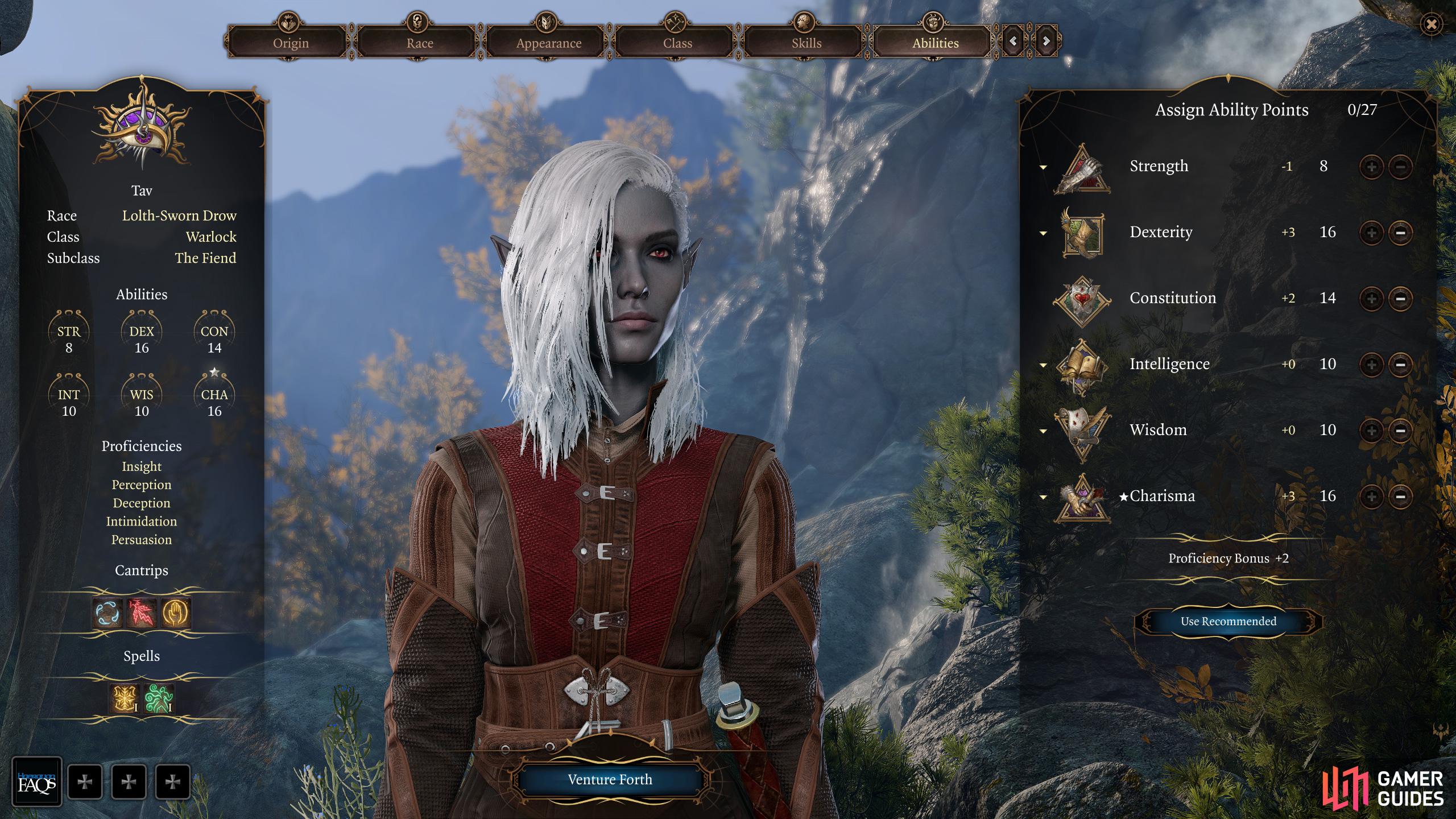
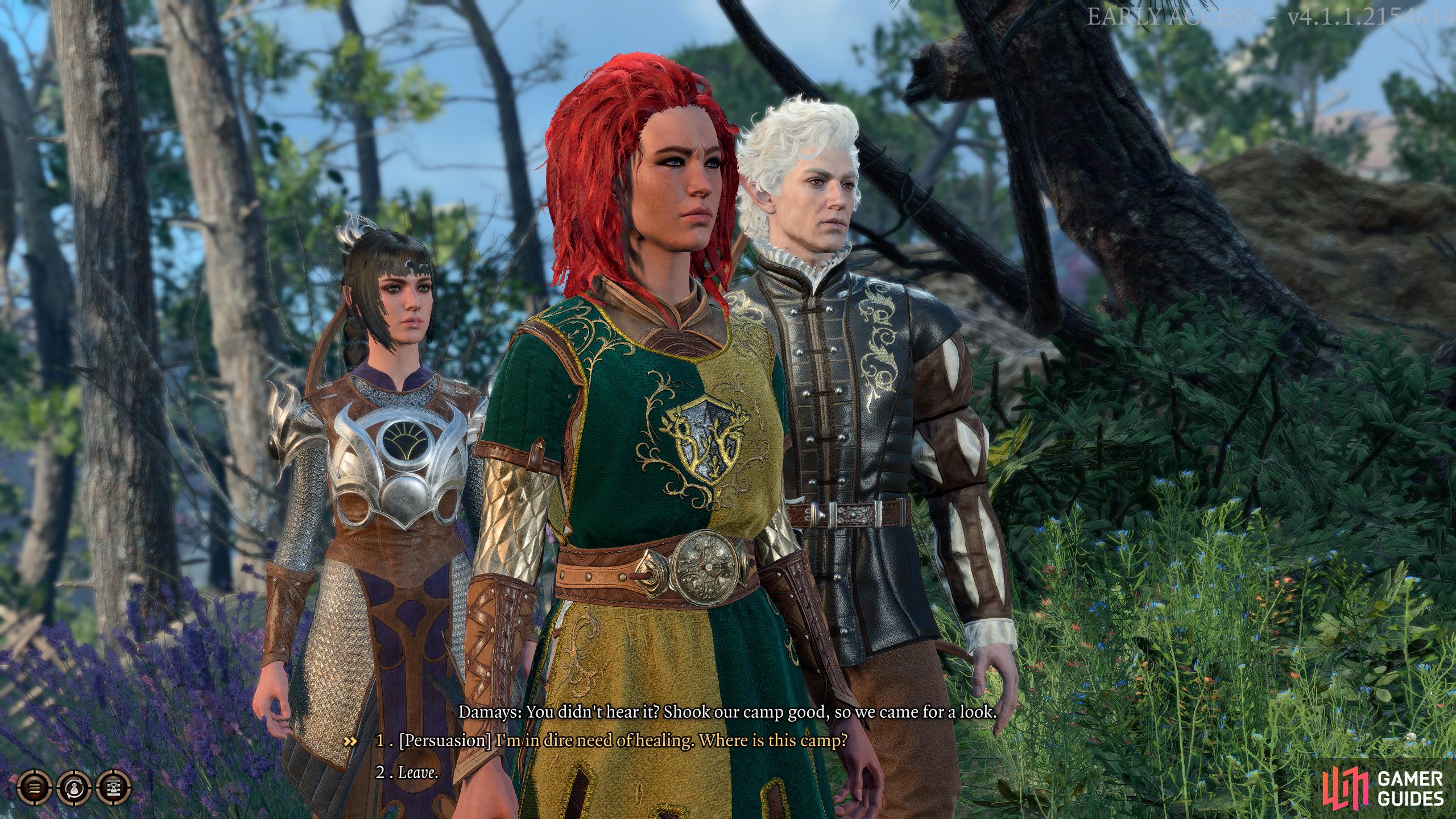
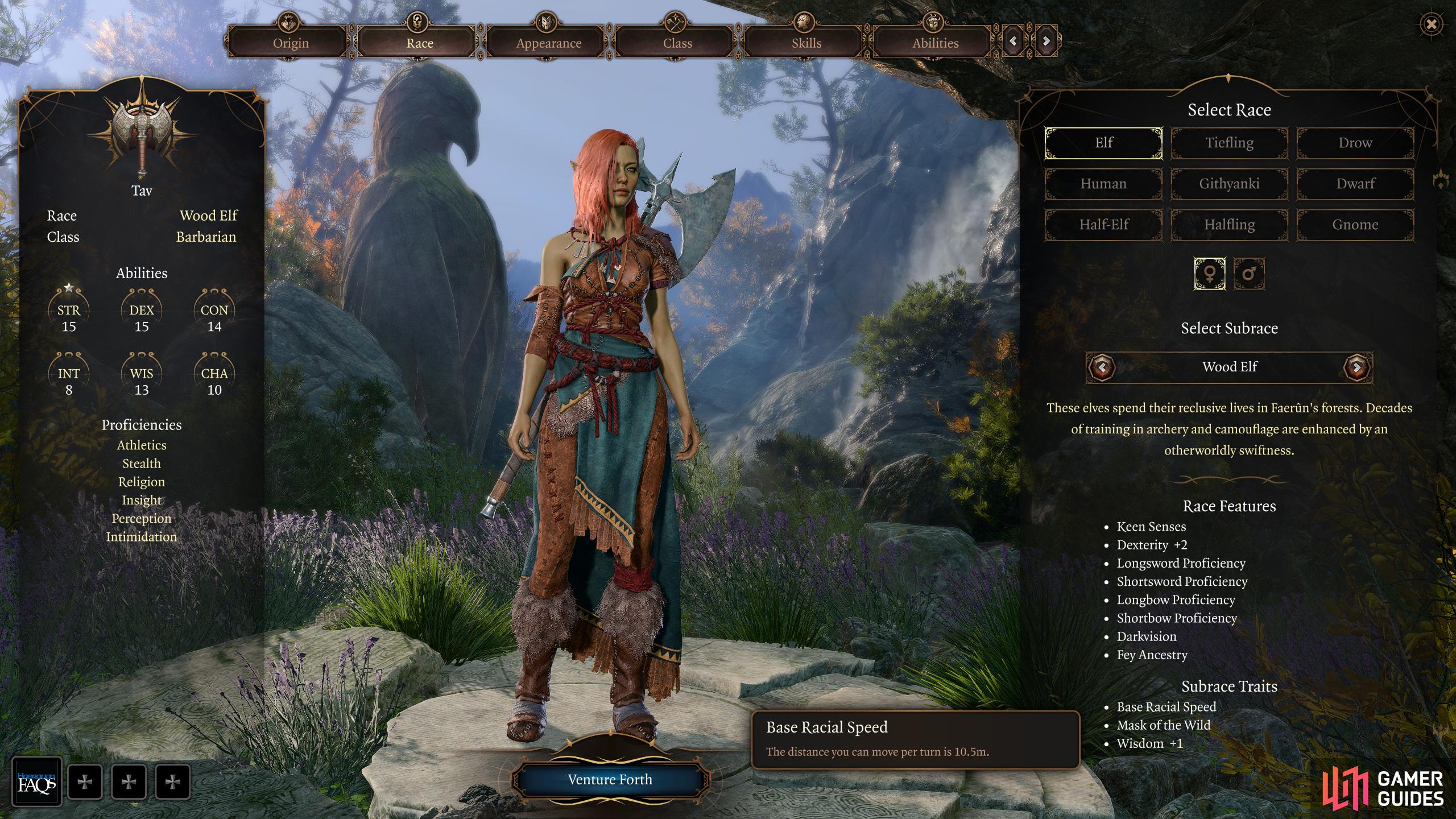
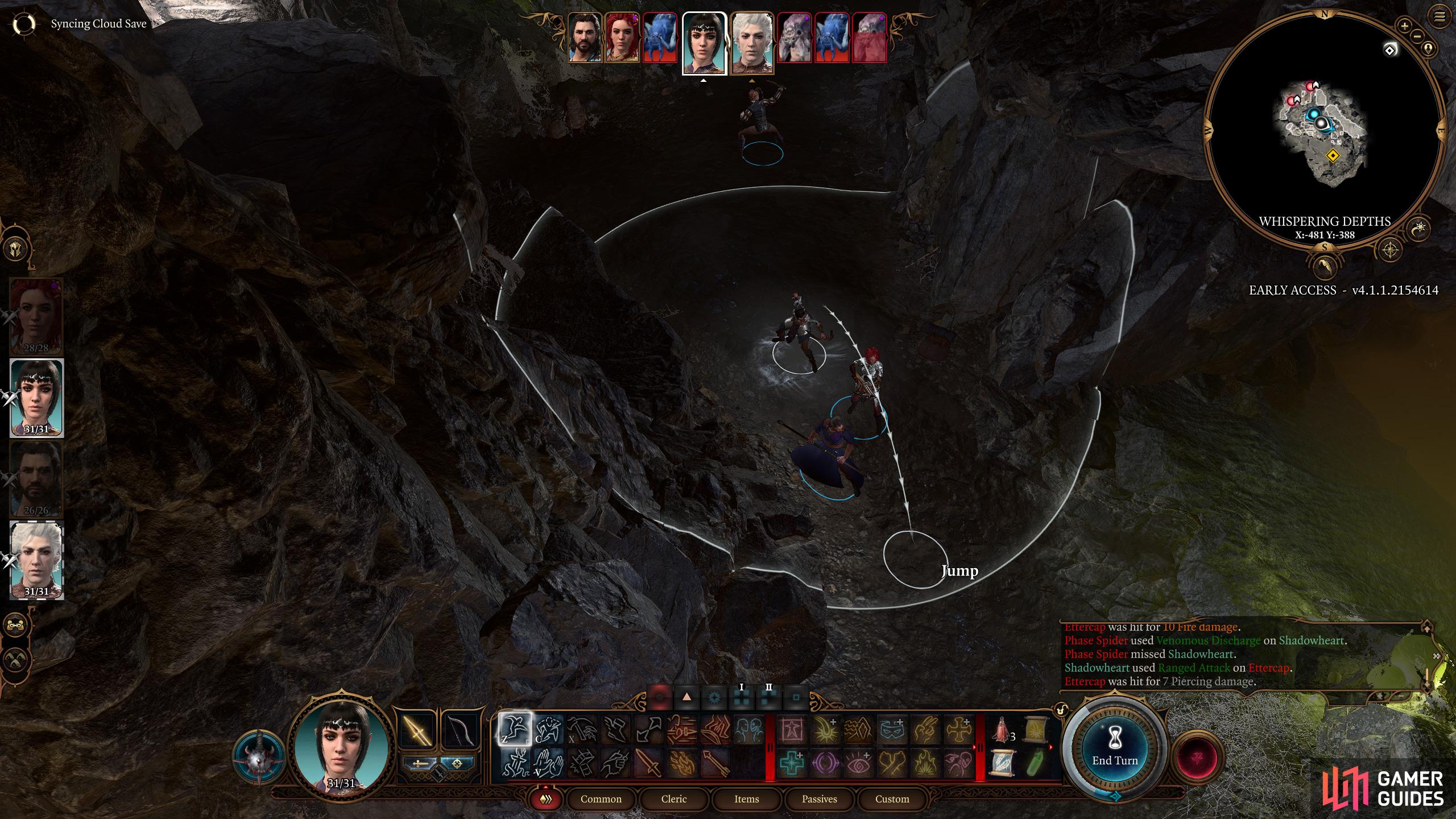
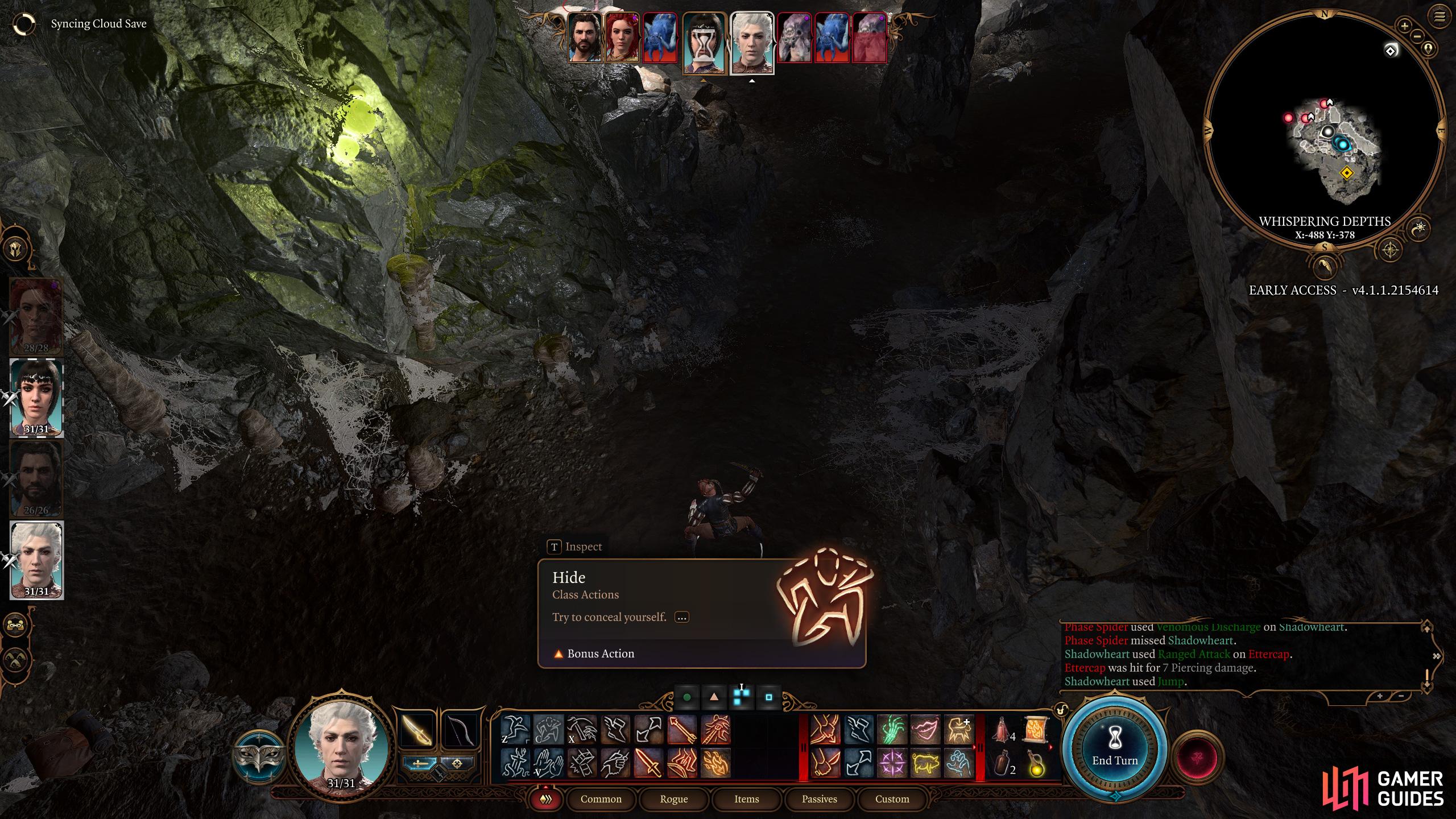
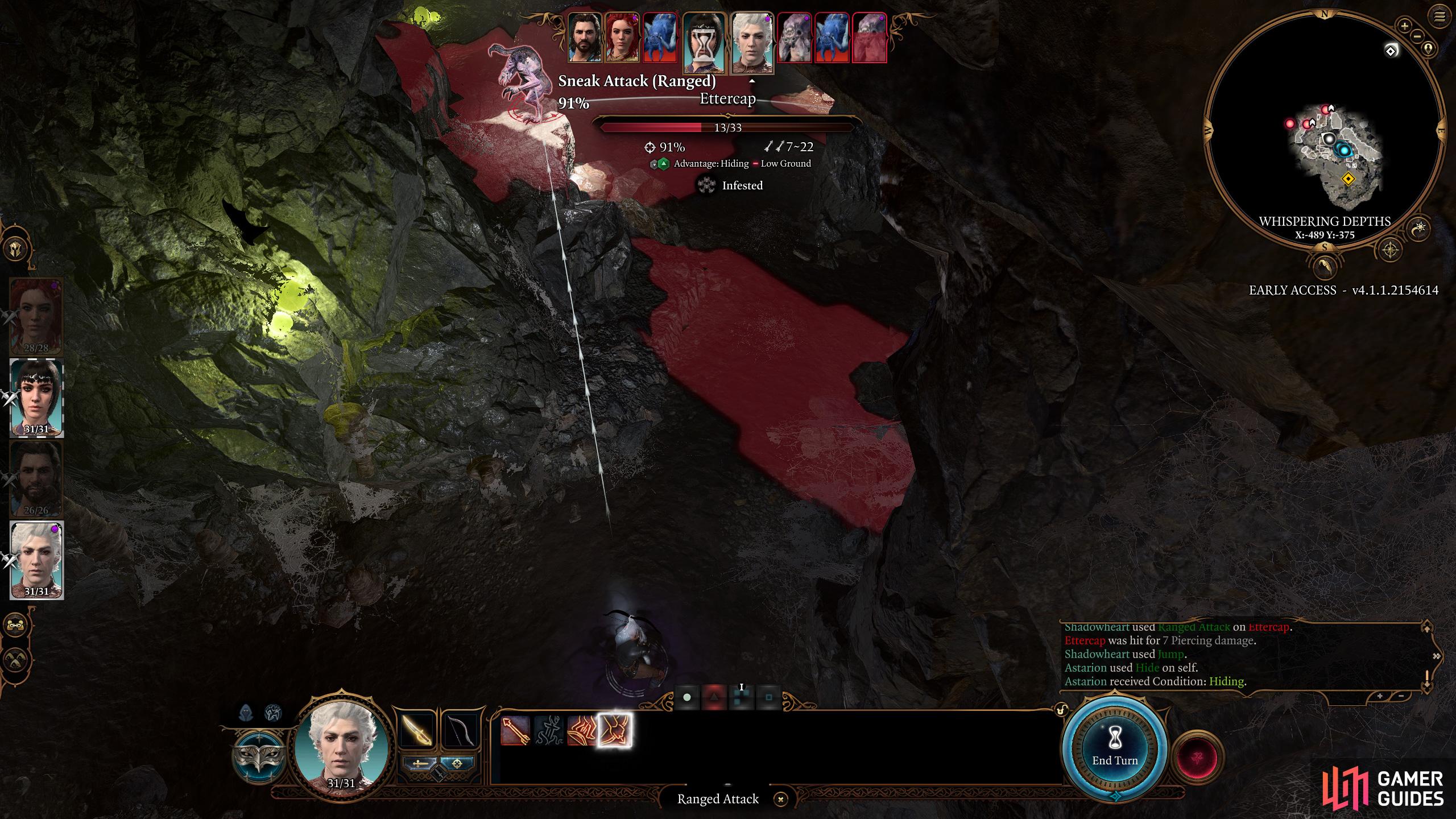
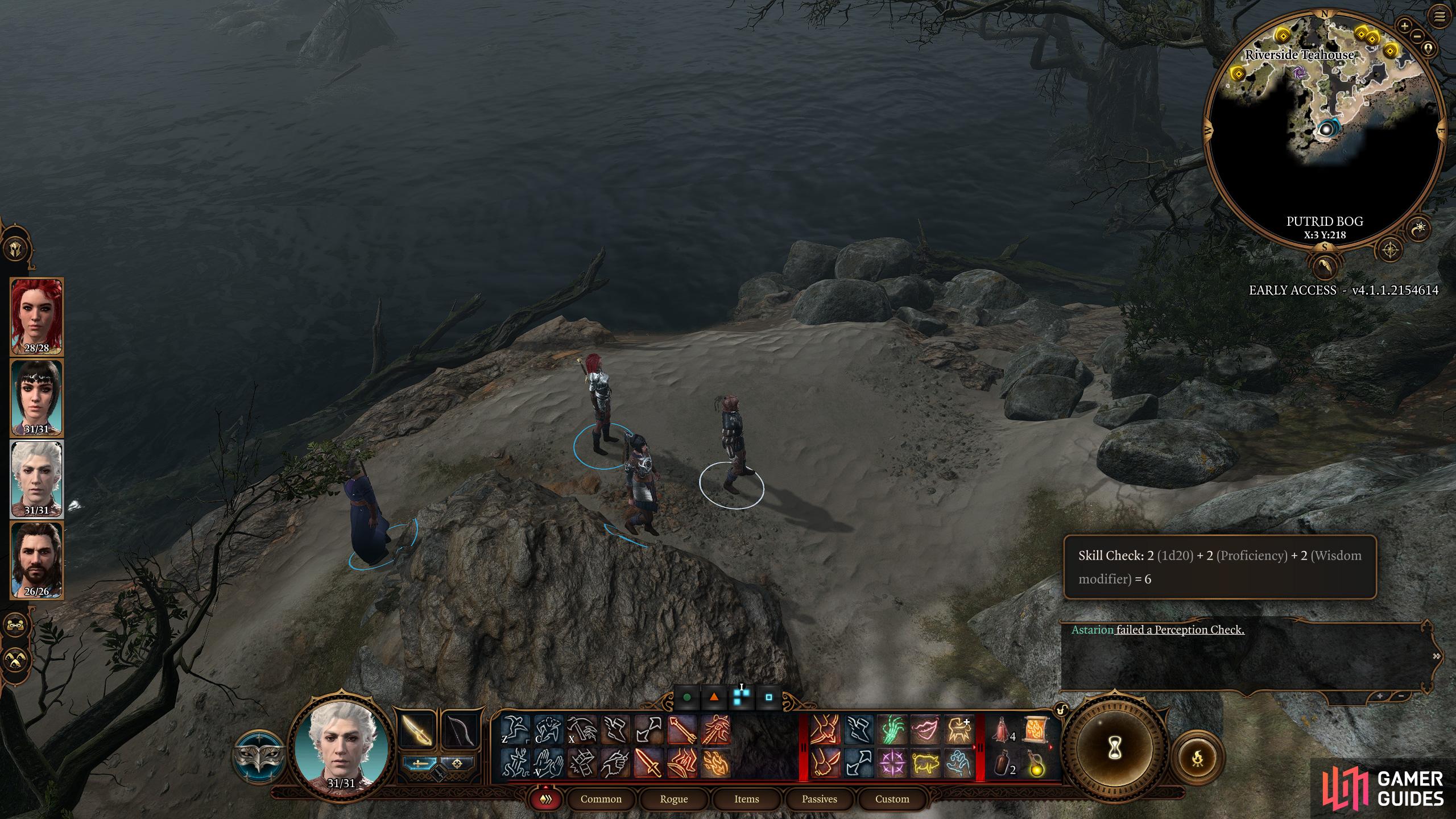
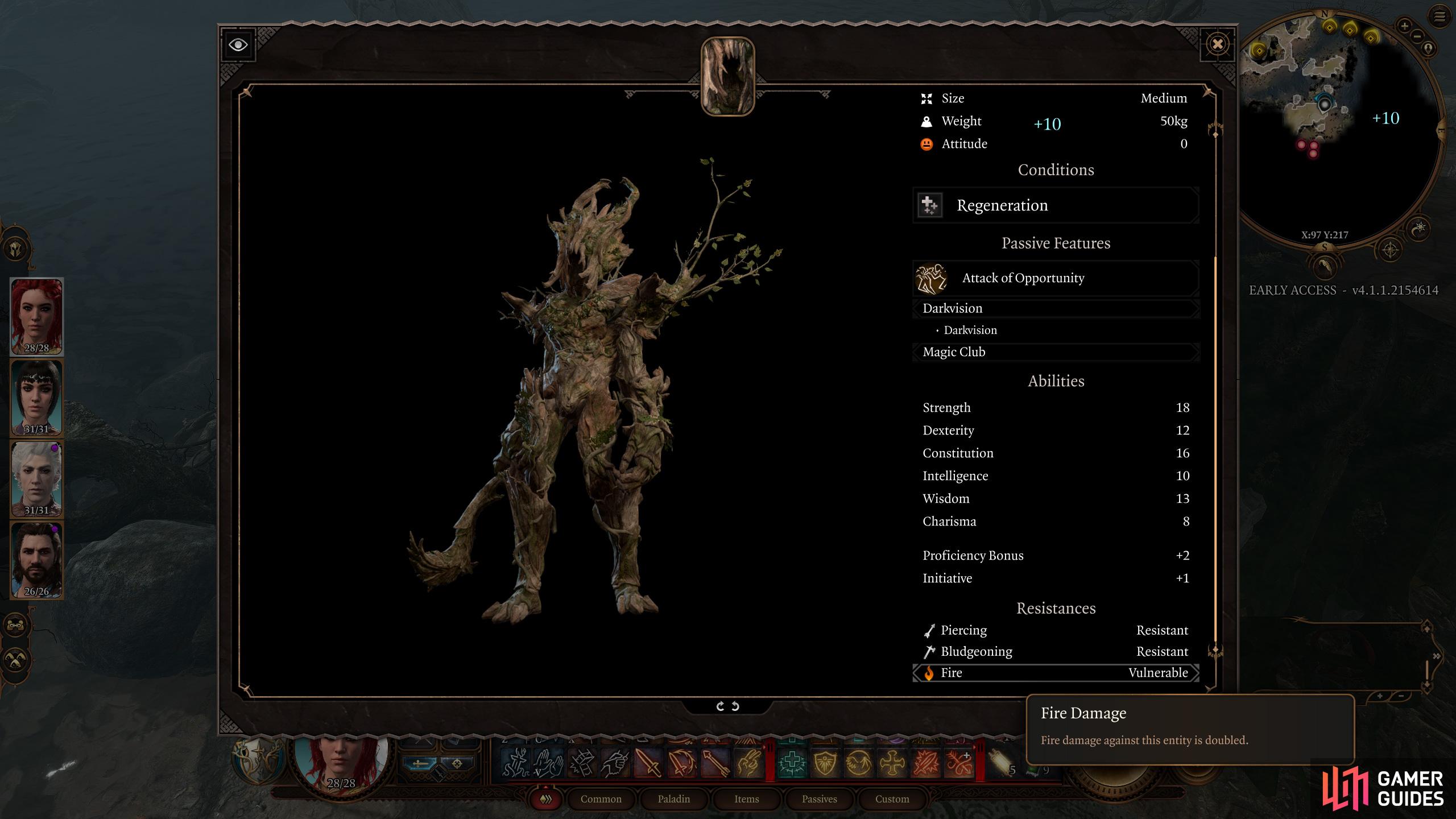
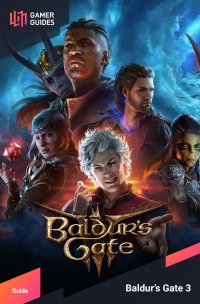
 Sign up
Sign up
Great article, as usual for Garvin.